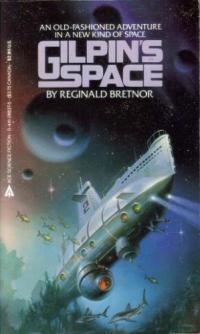The Defection of A.J. Lewinter by Robert Littell
 Saturday, December 11, 2010 at 3:21PM
Saturday, December 11, 2010 at 3:21PM 
First published in 1973
A.J. Lewinter, a physicist specializing in ceramics who does military research on missile nosecones, defects to the Soviet Union (the novel was published in 1973, when the Soviet Union still existed). His knowledge of ceramics isn't likely to be helpful to the Russians, but Lewinter may have obtained accurate knowledge of missile trajectories--information that could enable the Soviet Union to develop an effective anti-missile defense. The American government isn't quite sure whether Lewinter was able to memorize the trajectory formulas during his brief time with them, while the Soviets aren't quite sure whether Lewinter is a genuine defector with useful information, a genuine defector who has been given false information to fool the Soviets, or an American agent.
Littell's novel takes a fun look at the games played by espionage services. The Americans want the Russians to believe Lewinter's information is useless. The Russians, in turn, need to figure out whether they're being played by the Americans. The novel takes us through the reasoning processes employed by both sides. The characters, on both the American and Russian side, are interesting albeit one-dimensional. This is more of a cerebral novel than an action-packed thriller, but the twists and turns taken by the Americans and Russians as each side tries to out-think and to out-deceive the other make the novel a gripping read.
RECOMMENDED
 TChris |
TChris |  Post a Comment |
Post a Comment |  Robert Littell,
Robert Littell,  spy in
spy in  Thriller
Thriller 


